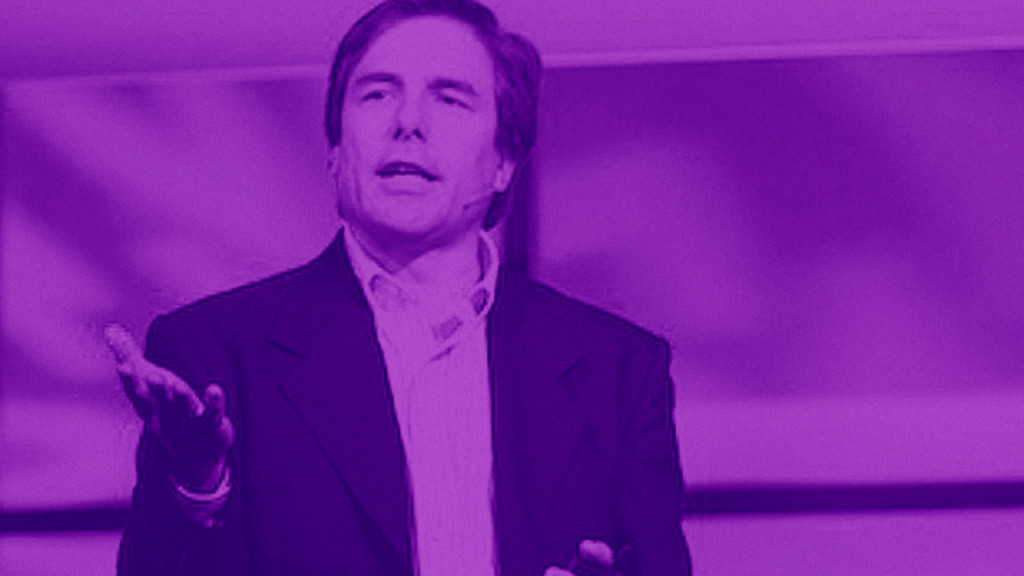The next installment of the [a]list summit is just around the corner on April 20. This year’s event heads to Seattle and focuses on the concept of Frontline Marketing and how listening, creating and sharing can lead to successful marketing campaigns. Set to attract marketing professionals from numerous brands, the event is being hosted by media and tech personality (and longtime friend of [a]listdaily), Jim Louderback.
We sat down with Jim right after he shot this video with us to chat about his involvement with [a]list summit and how Facebook is different than YouTube.
How excited are you to host [a]list summit this year?
The summit’s going to be a blast. I’m super excited because I’ve been to a bunch of them, I’ve moderated them and the audiences you bring together are so powerful that it’s great to be involved on an even deeper level.
What makes the event a unique one to you?
I think it’s the way you bring in such high quality people and real decision-makers and people who are really changing the world of marketing, advertising, technology and influencers. There’s just a sense that there’s a higher quality of conversation that happens at your events than at many others.
What does “Frontline Marketing” mean to you?
For me, “Frontline” means you’re out there, not just pushing things to consumers you think they’re going to want and messages that you think are going to resonate with them, but being out there actually interacting with them and listening to them and creating things that will be relevant to them, and then figuring out how to get to the right people with those relevant messages.
We used to do a show at Revision 3 called Diggnation and Diggnation was two guys sitting on a couch talking about the tech news of the day. We had this great audience — it was a video podcast — and we would constantly be talking to them. The topics came from Digg, so they were coming out of this groundswell of an audience and what they thought was most important. We would do a live Diggnation at SXSW and other places and there would be 3,000 people and everyone would get in, but there would be a line around the corner for hours to wait to get in, in part because they want to be with and interact with each other.
Some of the things I found most valuable was just walking around that line and talking to people and saying ‘Who are you? Why are you here? How far did you come? What is it about Diggnation that’s really interesting? What do you want to see?’ Getting immersed with people that are your fans and in your community was the best intelligence we could get about how to do new things.
You’re also curating the industry track at VidCon again this year. What can attendees expect from that?
It’s going to be a great mix of future technologies that are coming out in the online video space, influencers who are doing amazing things, brands that are doing amazing things — a lot of help and how-to about how to build bigger audience, drive retention and build your subscribers and how to work a lot of different platforms.
VidCon started out as YouTube-only, but there’s so many different platforms out there, from social streaming, Periscope, Meerkat, Facebook, Instagram and Snapchat. There’s all these different places where you can build and grow audiences and create value and really create deep connections with people. We’ll be exploring that at the industry track and VidCon this year.
Do you have a favorite video platform that you like to use?
I love my GoPro and my drone. I go out and shoot stuff and I put it on YouTube and I’m playing around with YouNow a lot, just because I am fascinated by the audiences and communities that are there. I’m also doing a lot of stuff on Facebook — Facebook is really interesting — it’s shorter, no voiceover, text overlays, the ability to do that surreptitious video autoplay. It’s a very different format than YouTube.

